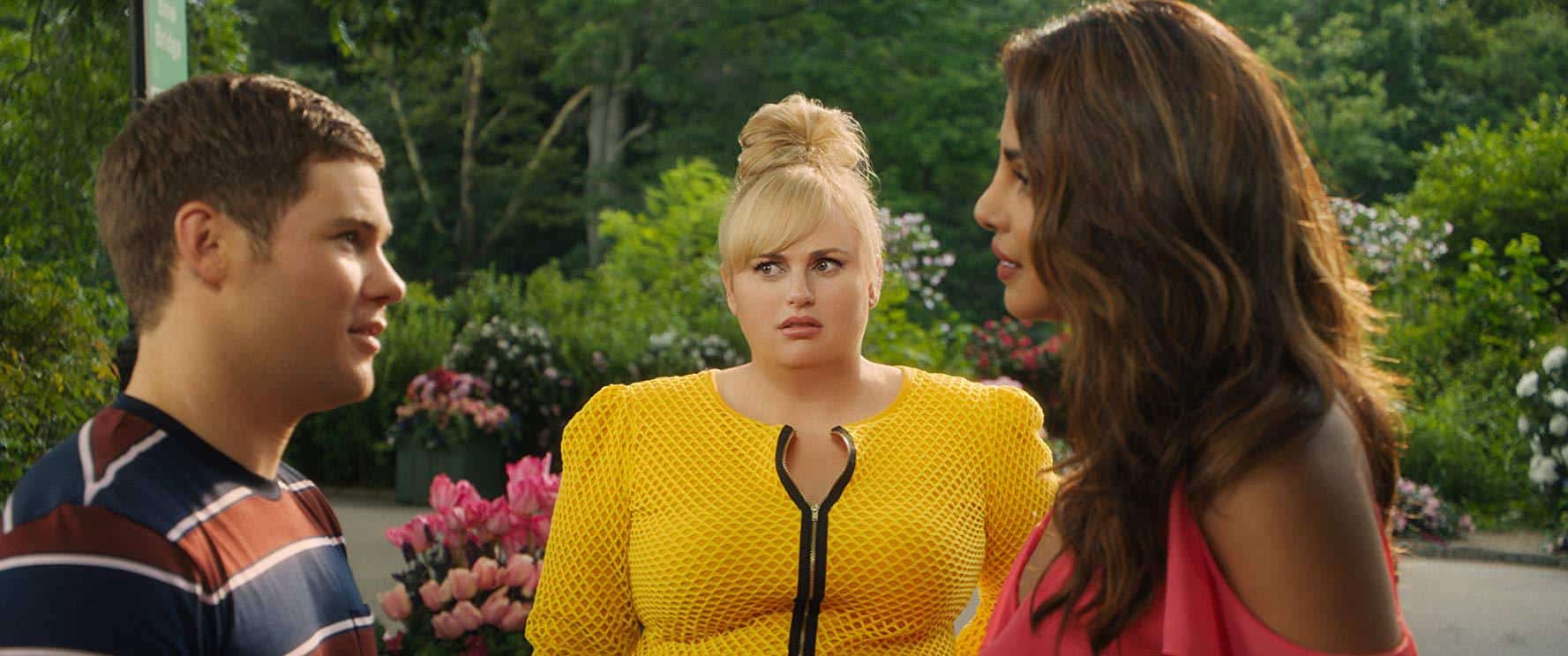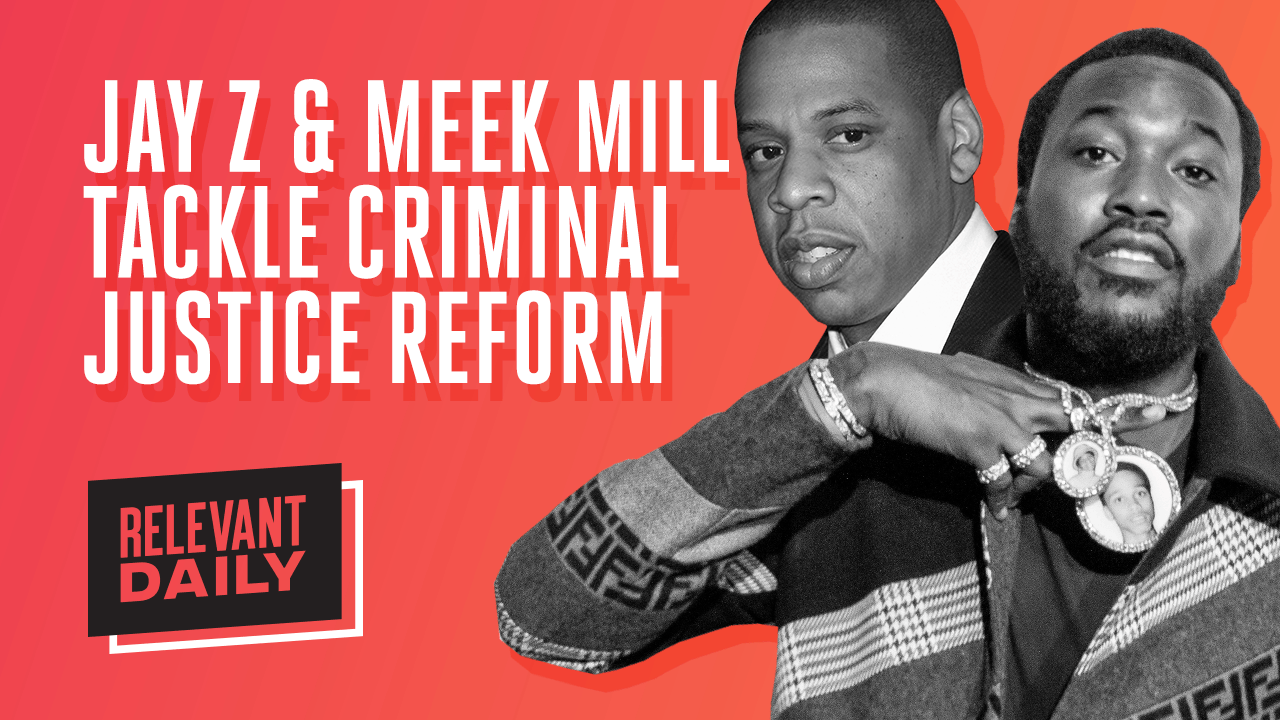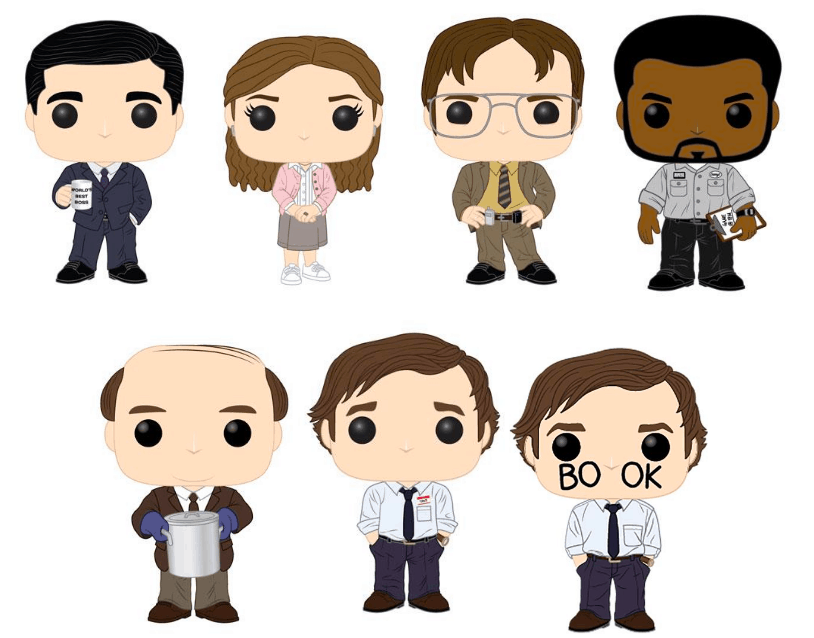
Isn’t It Romantic is not short on funny women. The romantic comedy was written by an all-female team of writers and its star is the uber-popular (yet still under-appreciated) Rebel Wilson. Past the names on the poster, the movie gives a supporting role to the way-overqualified Betty Gilpin (Emmy-nominated for her work on Netflix’s GLOW) and hands Priyanka Chopra—not the most intuitive pick for a comedy, but on-point here—some quality jokes. The players are not the issue here.
As a movie, Isn’t It Romantic is clever. Wilson’s character wakes up in a stereotypical rom-com and has to play ball with the genre’s tropes to find love, but despite all the meta self-subversion, the movie is burdened by an unsatisfying sense of sameness. For everyone involved—even Chopra, whose only prior chance to prove her comedy chops was 2017’s Baywatch—there’s nothing new to showcase. Wilson is savvy and committed at the movie’s core, but we’ve seen her play a version of this character many times before. Gilpin, certainly, has had better parts, and Chopra’s role, though it strikes a fun note of elitism opposite Wilson’s everywoman vibe, is a missed opportunity to expand our perception of her talent.
In short, Isn’t It Romantic is good enough, but popular culture has been offering funny women “good enough” for years. No one reaches their full potential in this movie, and outside of some exceptions, the industry seems built on structures that make that the norm for female comedians.
Rebel Wilson is an interesting case study in comedy. Her career arc is a familiar one: She debuted on the Australian comedy circuit in the early 2000s before a scholarship sent her to Second City in New York. After a few subsequent festival appearances, Wilson wrote some well-received stage productions and became a comedic staple on Australian television, earning appearances on sketch, improv and scripted shows alike.
From there, it was Hollywood, with Wilson’s break coming with her performance as Fat Amy in 2012’s Pitch Perfect. Even today, it’s a brilliant, laugh-a-minute flex of Wilson’s charisma (“I sometimes call this look the Orthodox Jew ponytail, because it’s reserved in the front, party in the back”), and it earned Wilson status as a bankable comedy lead. Since Pitch Perfect, she’s done two sequels centered on Fat Amy, and she was the best thing in 2016’s How to Be Single.
But despite Wilson accruing all that legitimacy, Isn’t It Romantic is her first leading role since 2017 (and maybe ever from the right vantage point—after all, Wilson shared Pitch Perfect 3’s spotlight with Anna Kendrick). Even stranger, she doesn’t have any upcoming leading roles, either, just ensemble flicks like The Hustle (a Dirty Rotten Scoundrels remix with Anne Hathaway) and Cats.
Show business opportunities ebb and flow, but when we compare Wilson’s trajectory with other female comedians, some trends emerge.
First, Mindy Kaling: She played Kelly Kapoor and wrote for The Office (her writing credits include “The Dundies,” “The Injury,” “Golden Ticket” and Jim and Pam’s Wedding, “Niagara”—Mindy Kaling is a force of nature) before The Mindy Project became her main focus from 2012-2017. Though that show gave Kaling a great deal of creative freedom as its creator and lead, it was in distribution hell throughout its existence, becoming one of the first notable shows to be revived on Hulu. Otherwise, pickings have been slim for Kaling. Her film roles—like Wilson’s—have been most high-profile amid ensemble casts (Inside Out, Ocean’s 8, A Wrinkle In Time).
Kaling’s about to garner greater attention for her upcoming movie Late Night, about a diversity hire in a talk show writer’s room. Kaling wrote the movie, produced it, plays the starring role and tapped a female director to lead the project, but it took independent financing to make Late Night happen. That extra work wasn’t the movie’s fault; Late Night had such a strong showing at Sundance it became the first title at the festival to be picked up for distribution. Amazon bought the rights for $13 million.
In a recent cover story for Variety after the sale, Kaling explained: “So much of this movie is about being on the outside of the entertainment business. That story has been told many, many times by 52-year-old white men. I love all those movies, and as a comedy nerd I’ve always identified with them because it was the closest thing that I could identify with. There was no one like me making those kind of films. If you’re a woman of color, you need people to give you opportunities, because otherwise it won’t happen. Talent is an important part of success, but you also need mentors to find promise in people that don’t necessarily seem like they will fit in.”
Tina Fey’s path is somewhat similar to Kaling’s. After a writing-dominant run on Saturday Night Live from 1997-2006, and after 30 Rock bowed in 2013, Fey’s greatest success has been Unbreakable Kimmy Schmidt, which she co-created. That’s an impressive run, but in front of the camera, Fey hasn’t been in anything bigger than Baby Mama (alongside perennial partner-in-crime Amy Poehler) and Date Night.
Fey and Kaling have each built successful careers—Fey’s is positively titanic—but it’s notable their primary identities in comedy are as writers and creators, not actors. They function behind the scenes, and while that’s not all-the-way an accident, seeing as these are two of the funniest macro-minded people on the planet, their lack of on-camera prolificness is not insignificant, either.
That’s why putting their careers alongside Melissa McCarthy’s is a compelling exercise. McCarthy broke out in 2011’s Bridesmaids (earning the rare comedic Oscar nom) before becoming the closest thing we have this decade to a perennial funny leading lady. McCarthy’s movies didn’t exactly innovate within comedy, but Identity Thief, Tammy, The Heat (with Sandra Bullock) and Life of the Party at least positioned McCarthy as the main attraction. If you went, it was because you liked her.
In 2018, McCarthy swerved from her streak of headstrong lone wolfs and pinch-cheeking Midwesterners toward a more prestigious dramatic lane, and her performance in the female-directed Can You Ever Forgive Me? earned her a second Oscar nomination. The movie wasn’t commercially successful, nor was it high-profile or big-budget, but it was an opportunity for McCarthy to show off different elements of her acting repertoire. To expand the perception of what she could do, she had to make a lateral move. Lateral and downward, really.
With all this in mind, contrast Wilson, Kaling, Fey and McCarthy with their male comedy counterparts: Ferrell, Hart, Rogen, Hader, Sandler, Carell, Stiller, Apatow, Ansari… put the lists of leading comedy men next to leading comedy women, and the problems already emerge (not to mention the old guard of male comics—Murphy, Candy, Steve Martin—who precede and underline this imbalance).
There are exceptions on the male side (namely Apatow, though Ansari and Stiller are trending this way), but guys in comedy tend to be face-first. They’re on screen a lot and they’re most known for what they do on screen. Ferrell is primarily associated with his roles—Ron Burgundy, Ricky Bobby, Jackie Moon, Buddy—as is Carell (Brick, Michael Scott, Evan Baxter), Stiller (Derek Zoolander, Greg Focker, Tony Wonder) and Rogen (the giggly pothead). These guys carry a vibe, and all their vibes are different: man-child, lovable loser, egomaniac, stoner.
The male comedy career, compared with its female counterpart, is more diverse on a macro level, too. Just as these guys channel many different comedic sensibilities, they extend those sensibilities to “brands” that take them past leading-man roles. Ferrell’s partnership with Adam McKay took him beyond SNL to producing/creating roles on things like Step Brothers, the HBO comedy Succession and the website Funny Or Die. Carell took a McCarthy-esque turn into drama this decade that’s allowed him to move between lanes at will (in 2017 alone, he played a damaged vet in Last Flag Flying, was sneaky-funny as Bobby Riggs in Battle of the Sexes, and tripled down on a vocal performance he has made iconic—Gru in Despicable Me 3).
Likewise, Ansari moved with ease from Parks and Rec to creating and starring in Master of None while his new standup specials rolled out. Stiller leveraged the Focker and Zoolander movies into a rather astonishing directing career that’s included Tropic Thunder, The Secret Life of Walter Mitty and Showtime’s Escape from Dannemora. Do we need to recount Judd Apatow’s career, or Rogen’s filmography, or Bill Hader’s journey toward Barry? The major male comedy figures of today convey not just a sense of diversity, but a sense of top-to-bottom creative involvement that’s not as apparent with women in the industry.
In 2017, Town and Country asked Tina Fey why this was “an amazing time for women comedy.” She said: “It’s a terrible time. The boys are still getting more money for garbage, while the ladies are hustling and doing amazing work for less.” That question was a lob meant to be dunked through the hoop. Fey swatted it into the fourth row.
There is obvious talent on the women’s side, and it’s as varied as what the men offer. McCarthy’s movies aim broad, but she’s as physical as Jack Black or Jim Carrey. Wilson fuses physicality with anarchy. Kate McKinnon’s a trip. Kristen Wiig is a tonal sniper—she’s precisely different in every movie—while Tiffany Haddish is a nuclear bomb; every movie is hers. The Mindy Project and Broad City cut down as much convention as Silicon Valley or Nathan For You, and Pamela Adlon’s Better Things is a welcome memory-wipe of Louie, thank you very much.
Comedic women aren’t at a talent deficit, so why are they having to operate at one? Notice that in the most high-profile projects, the primary group making way for women in comedy is other women in comedy. Kaling hired a female director (Nisha Ganatra) to helm Late Night. Fey created Unbreakable Kimmy Schmidt, adapted Mean Girls into a musical and called out David Letterman for his past failings in creating a gender-inclusive writer’s room. McCarthy’s Can You Ever Forgive Me? role reached acclaim under a female director (Marielle Heller), and Amy Poehler flexed her influence to put Ilana Glazer and Abbi Jacobson’s Broad City on Comedy Central and lift the female-lead Russian Doll onto Netflix. Funny women are leading by example. How many people are following them?
Through that lens, Isn’t It Romantic isn’t retrograde because it’s offensive but because it’s unambitious in what it has to offer its participants. Everyone involved here should either be in better things or different things, because they’ve proven themselves above this movie or proven themselves ready to flex another muscle.
That’s been the story of women in comedy for years: Come up through a traditional comedy chute like improv or sketch, break out with a scene-stealing supporting character, then play the same type of character for three movies in a row or settle for a behind-the-scenes writing gig that will earn you respect but not opportunity (not to mention equal pay). Want to be free from that mold? Another woman, someone with decades of clout like Poehler or Fey or Shonda Rhimes, has to give you a platform.
If women in comedy had the same expansive, experimental opportunities as men, Isn’t It Romantic becomes a stepping stone instead of the ceiling. Instead of Rebel Wilson, it stars someone ready for their first shot at the spotlight. Where’s Rebel? She’s in Ocean’s 8 next to Bullock and Blanchett, or her own version of Can You Ever Forgive Me? or debuting her own movie franchise a la Anchorman or The Hangover.
In that version of the comedy world, the most recent Ghostbusters is allowed to be just one swing-and-a-miss amid a larger at-bat instead of something the franchise wants to bury with another reboot. Ocean’s 8 can cost $100 million instead of $70 million. Kate McKinnon can direct and star in her own Sundance darling. Mindy Kaling can make an Important Movie. Tiffany Haddish can turn Girls Trip into a trilogy.
And if all that fails, Hollywood can pick up the dice again. Will Ferrell, Seth Rogen and Kevin Hart movies aren’t seen as risks anymore, and none of those guys have headlined a major commercial success since Hart’s Central Intelligence made nine figures almost three years ago. In the interim? He’s made six movies. Ferrell’s made five since Daddy’s Home in 2015. Rogen’s made seven since Neighbors in 2014. Funny movie stars are still bankable and Hollywood has shown it’s willing to push the chips forward, at least with dudes.
So when funny women are banked on repeatedly and persistently, Isn’t It Romantic becomes not just a blessedly lower-stakes movie for those involved, but probably a more exciting one. This movie’s all about a woman fighting against the conventions that have defined her self-perception, and that’s funny, but from 10,000 feet, the meta-joke is becoming stale.






















